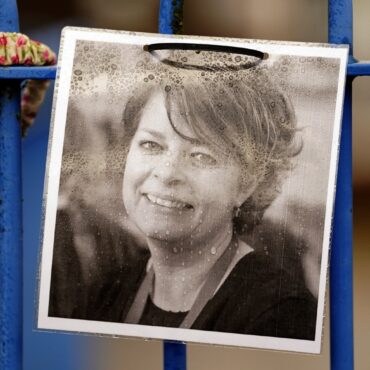-
 play_arrow
play_arrow
DukeBox Radio The Voice Of The Wellington Academy
-
 play_arrow
play_arrow
Jetstream Episode #15 - Festival of Education Celebration
Firms encouraged to welcome Eurovision and put Liverpool economy back on track


Businesses in Liverpool are being encouraged to welcome Eurovision and embrace TikTok as the city hopes the contest will repair damage done to the economy by the coronavirus pandemic.
More than 100,000 people are expected to arrive in the city for the song contest in May, after Liverpool was chosen to host on behalf of last year’s winner Ukraine.
Addressing an event for stakeholders on Wednesday, Liverpool City Council chief executive Theresa Grant said it was hoped Eurovision could put the city region “back on track” after its visitor economy fell by £3 billion when the coronavirus pandemic “devastated” the sector.
She said: “We are confident that we are on the road to recovery and this event is going to firmly put us back on track for that recovery.
“We are delighted to be part of the incredible work taking place, not only in Liverpool but across the city region, which will have a lasting legacy well beyond the main event.
She said the region was preparing to “deliver the best Eurovision Song Contest ever staged and one that has the potential to define Liverpool for the next decade”.
Businesses were encouraged to promote themselves on social media platform TikTok in the run-up to Eurovision.
Susan Finnegan, commercial director for Culture Liverpool, said global TikTok influencers were expected in the city for the contest, along with 1,400 accredited media.
She told those at the event TikTok ideas and tips would be available through the business support section of the council website.
Ms Finnegan added: “We know content is king and 40% of Gen Z turn to TikTok and Instagram before performing a traditional Google search.”
Branding will also be available for organisations to download to announce they are “proud to welcome” Eurovision.
Andi Herring, chief executive of Liverpool City Region Pride Foundation, said training sessions for businesses were on offer as part of a You’re Safe Here, Get Eurovision Ready campaign to ensure all visitors were given a warm welcome.
Schools and communities will also be able to get involved through Eurolearn and Eurostreets programmes, stakeholders were told.
Published: by Radio NewsHub
Written by: admin




